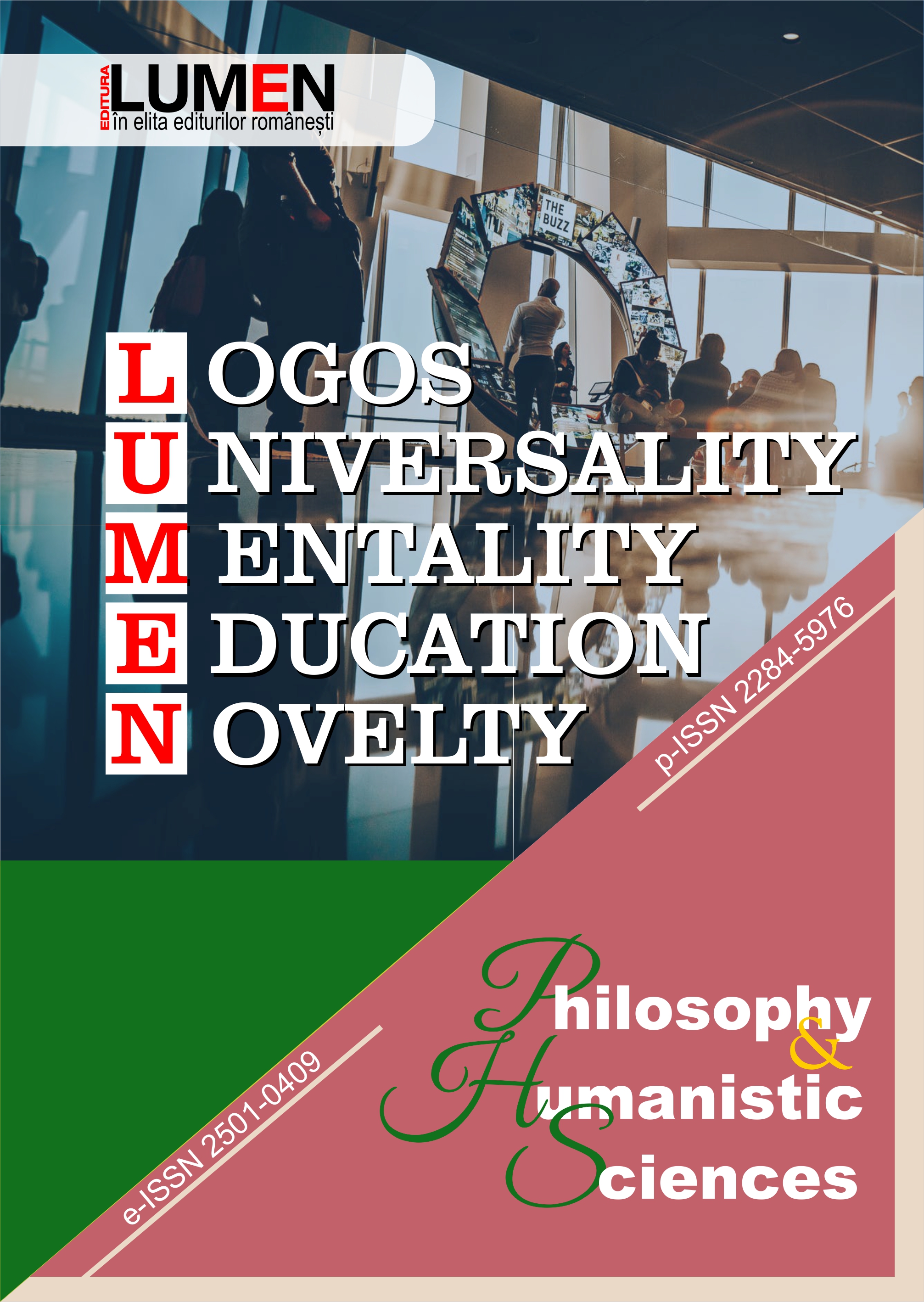Acting against Wish according to Will: John Locke’s Ethics
Acting against Wish according to Will: John Locke’s Ethics
Author(s): Emiliya TajsinSubject(s): Ethics / Practical Philosophy
Published by: Editura Lumen, Asociatia Lumen
Keywords: theory of knowledge; ethics; will; desire; freedom;
Summary/Abstract: John Locke is best known for his theory of knowledge. However, this theory includes practical, social, moral issues, containing ethics and meta-ethics, the latter being interested in epistemological nature of moral judgments. In his most famous “Essay on Human Understanding” Locke analyzes the domain of morality, paying great attention to the dichotomy of pleasure and pain as the main axis round which this domain rotates. In this paper the accent is put on the “trichotomy” of Will, Desire, and Freedom, since people often act against their wishes but according to their own will. The conclusion is given, that control of one’s passions is the true progress on the path of freedom. In order our mind was free to explore any subject and make a judgment, we must educate our passions. Trained morality turns the unpleasant or indifferent in a pleasant and welcome, if only people do everything in their power. And Philosophical law is the measure of virtue and vice.
Journal: LOGOS, UNIVERSALITY, MENTALITY, EDUCATION, NOVELTY. Section: Philosophy and Humanistic Sciences
- Issue Year: VII/2019
- Issue No: 1
- Page Range: 78-90
- Page Count: 12
- Language: English

